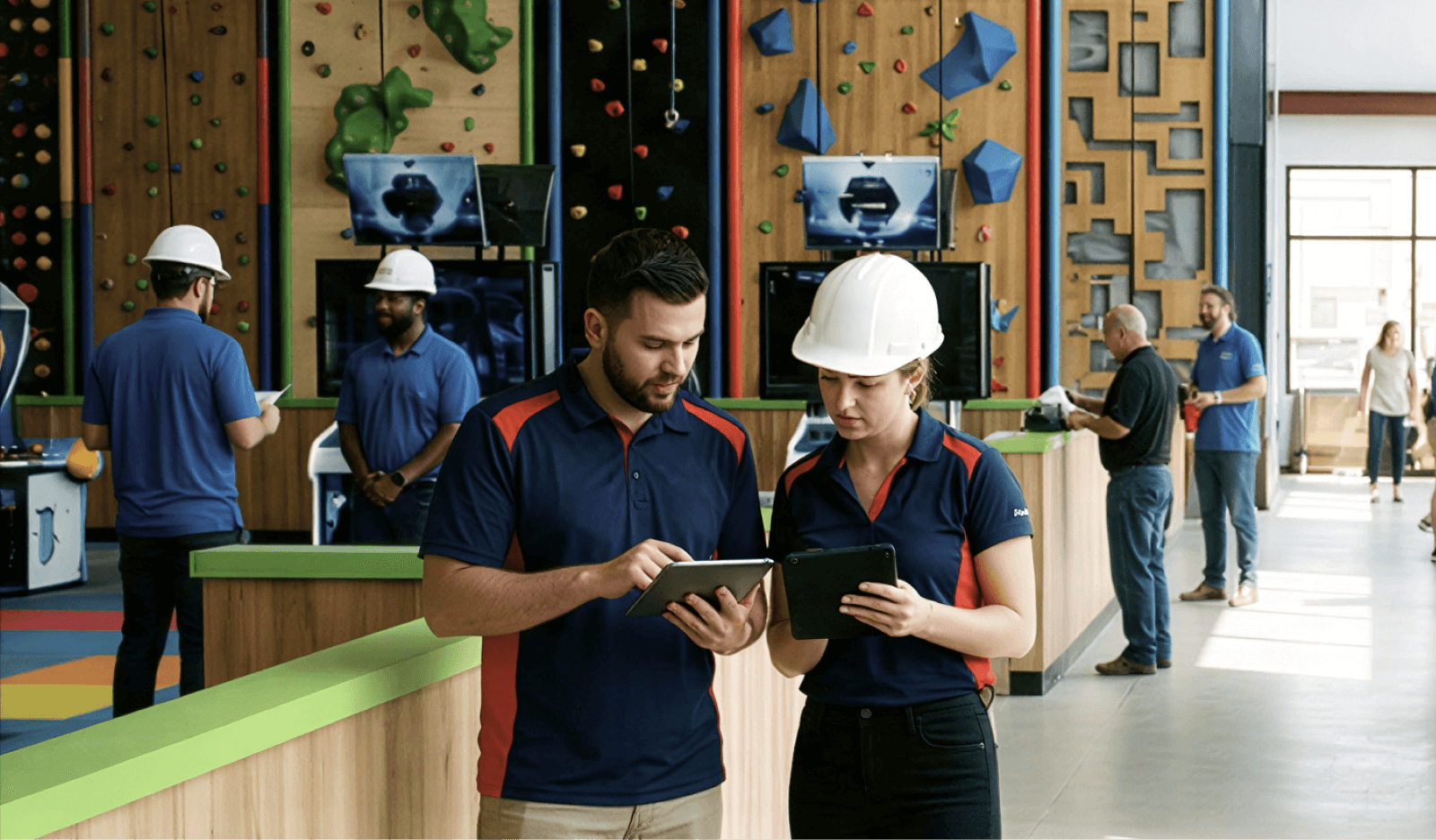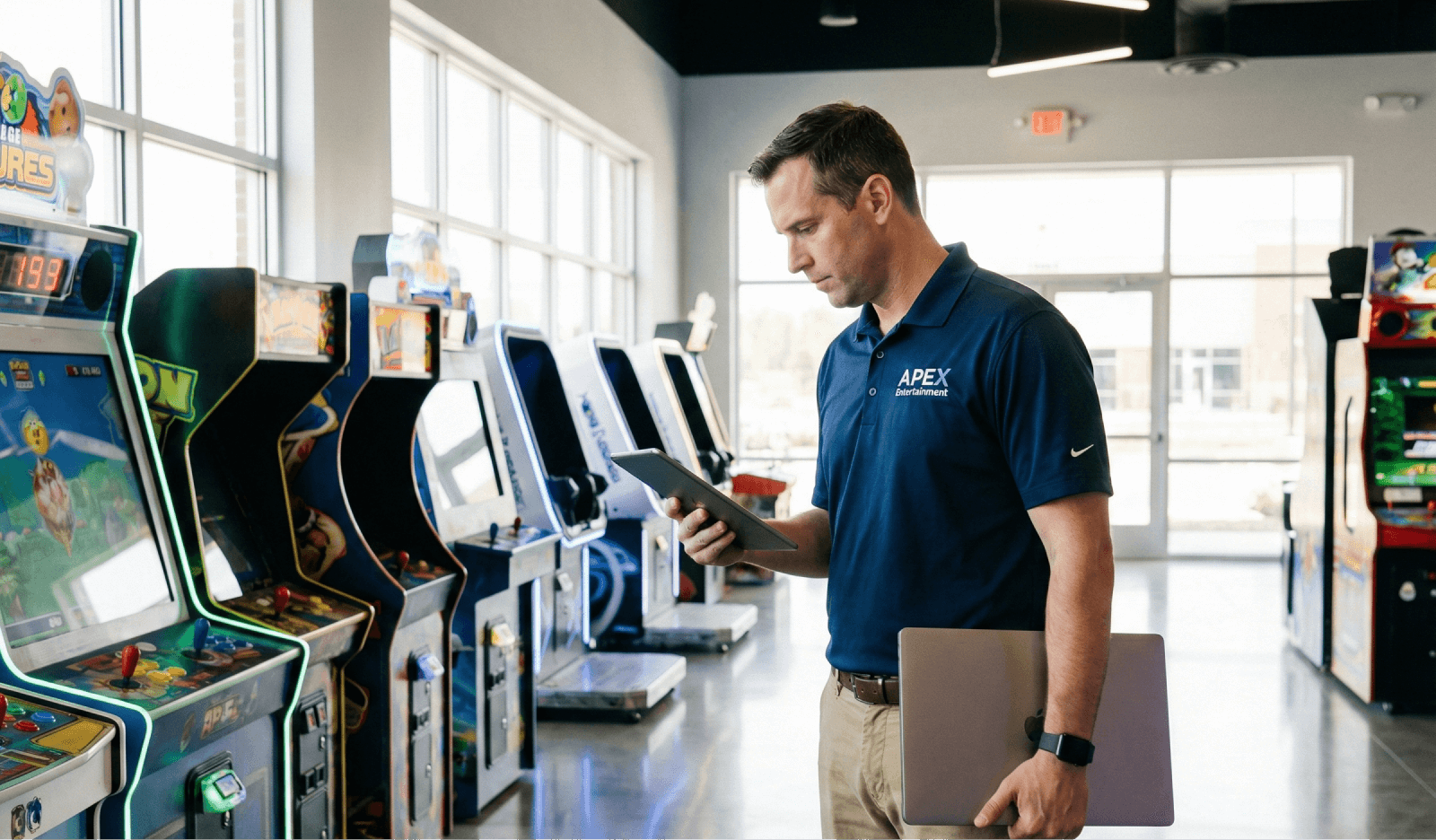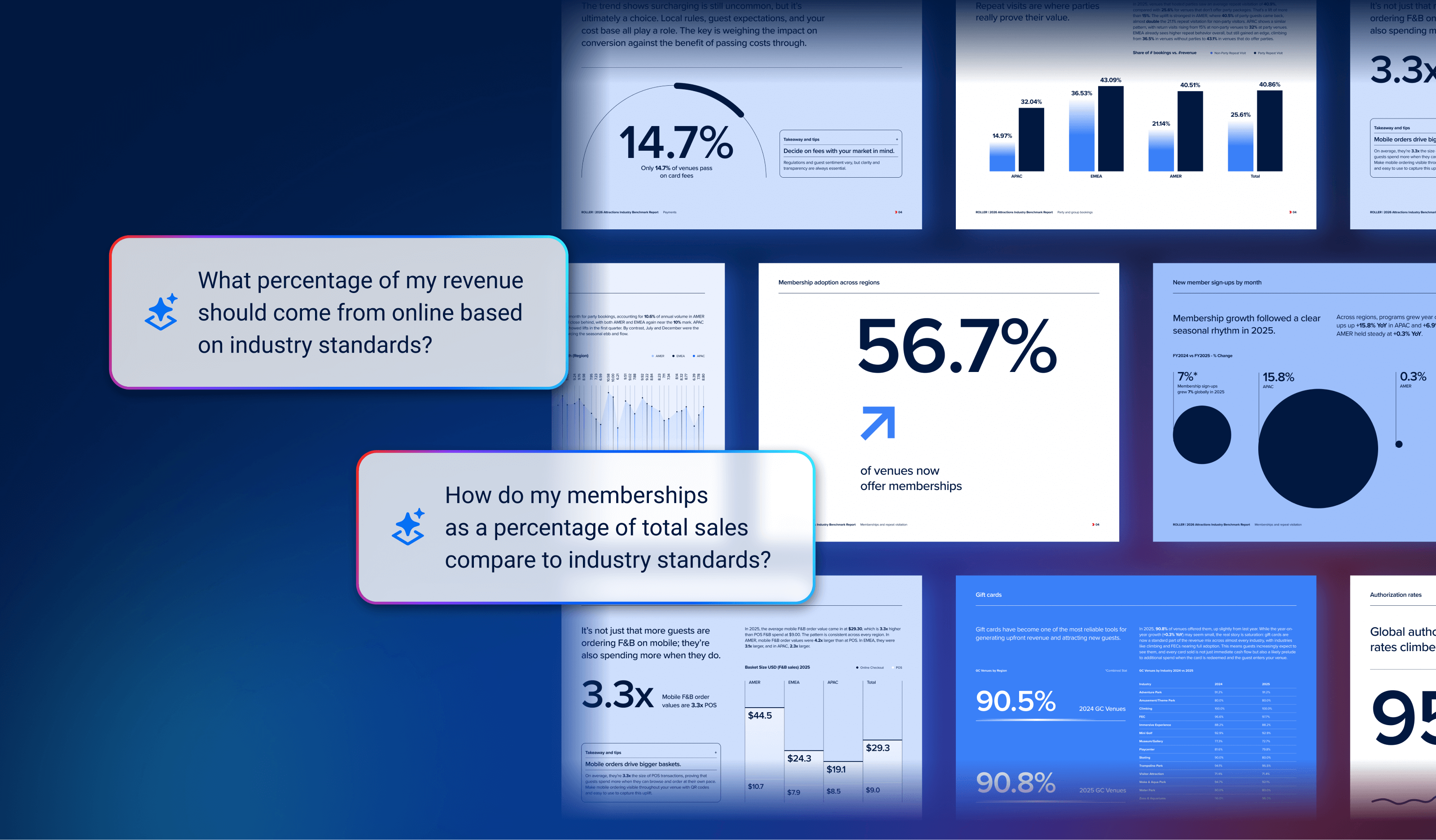How the Metaverse Will Impact Attraction Venues
.png?width=820&name=How%20the%20metaverse%20will%20impact%20attractions%20venues%20(4).png)
Whether or not you are following news in the technology space, you have likely heard the term “metaverse” somewhere. Virtual worlds seem to be making their way into our regular lives in ways becoming increasingly complex to avoid. Most notably, when Facebook changed the parent company's name to Meta, the metaverse’s significance was sealed. The company that changed how people communicate boldly stated that they will now change how we live. In the attractions industry, we must recognize this.
For many years, the attractions industry relied on people leaving their homes, traveling to a destination, and partaking in experiences that enrich their lives in ways that cannot be replicated at home. With the continued rise of the metaverse, what does this mean for attraction venues?
There are two ways to examine how the metaverse will impact attraction venues. One is through fear and skepticism; the other acknowledges changing guest behavior and desires to meet this change. This blog discusses how the metaverse works and how your venue can benefit from it.
To metaverse, or to not metaverse?
Skeptics of the metaverse question why guests would physically attend venues if they could just enter the metaverse and enjoy their experience virtually.
Well, for starters, it’s simply not the same. The digital world cannot replace the feeling of being somewhere and doing something in real life. And sure, virtually attending a venue might appeal to some guests over others, but why not have the best of both worlds at your venue?
Technological advancements like the metaverse benefit your business operations, so let's dive into a few.
Expand your reach beyond those who can physically visit you
From a marketing standpoint alone, accessing the metaverse can amplify how your audience finds you and how they experience your attractions. If traditional marketing includes television, radio, and billboard, and digital marketing includes social media and email, virtual marketing will be how you reach your audience in the metaverse.
Within this digital realm, attractions can engage in partnerships and collaborative activities with other businesses. These collaborations can lead to increased visibility and exposure to diverse audiences. As attractions cross-promote with complementary companies and engage in strategic alliances, it becomes a win-win scenario where mutual benefits accrue to all parties involved.
Additionally, one of the transformative aspects of the metaverse is its ability to provide accessible experiences for people with disabilities. Attractions can design virtual experiences that transcend physical limitations, making entertainment and leisure accessible to many skills. Through thoughtful design, accommodations, and the integration of assistive technologies, the metaverse can create a more inclusive environment where individuals of varying needs can fully participate and enjoy attractions without barriers.
Constant innovation and adaptation
The metaverse is a dynamic and ever-evolving space that constantly encourages attractions to push the boundaries of creativity and innovation. In this virtual realm, attractions can quickly adapt and update their virtual experiences, offering guests a perpetually evolving landscape of fresh content.
It keeps guests engaged and excited and fosters a sense of anticipation for what's to come, ultimately ensuring repeat visits and sustained interest in the attraction.
Enhanced safety and security
In the metaverse, attractions must prioritize guest safety and security by implementing robust digital safeguards.
By leveraging advanced security measures, attractions ensure that guests can explore and enjoy attractions without concerns about physical or digital risks, such as accidents or security issues.
A heightened level of security enhances the guest experience and provides peace of mind, cementing the metaverse as a secure space for leisure and entertainment.
Environmental sustainability
As the attractions industry ventures into the metaverse, it contributes to environmental sustainability by significantly reducing the carbon footprint associated with physical spaces.
The metaverse eliminates the need for energy-intensive operations, decreases waste generation, and lessens the environmental impact, aligning with the growing global awareness of the need for eco-conscious practices. The shift towards sustainability is a welcome aspect of the metaverse's positive impact.
Reduced operational costs
One of the compelling advantages of the metaverse for the attractions industry is the significant reduction in operational costs.
Unlike physical attractions that require ongoing maintenance, staffing, and infrastructure expenditures, attractions in the metaverse experience more cost efficiencies. These virtual experiences are managed more efficiently, translating to potential increased profitability for attraction owners while maintaining high-quality guest experiences.
Data analytics and personalization
In the metaverse, attractions harness the power of data analytics to gain deep insights into guest behavior, preferences, and interactions. This data is leveraged to tailor the guest experience, fine-tuning attractions, and marketing efforts to match individual preferences.
The result is a more personalized and engaging guest experience, ultimately leading to higher guest satisfaction and loyalty as attractions cater to each guest's unique needs and desires.
Diverse revenue streams
If any form of your venue can be experienced in the metaverse, you can create a stronger connection that builds demand for your real-life experience. How? Demonstrate what can be done in the metaverse and what can only be experienced in person. Open up massive revenue and fundraising opportunities through NFT technology.
For example, Iconic Moments has billed itself as the first NFT marketplace for cultural institutions. Their business model involves partnering with museums to alleviate their dependency on in-person guests and fundraising galas. Iconic Moments releases artifacts for purchase via NFT, allowing the buyer to own the digital version of the museum piece. Further, Iconic guests are occasionally rewarded with museum admission, an invitation to an exclusive event, or some form of VIP experience thanks to their purchase, which can be seen as a donation.
Also, in 2021, Disney unveiled a line of NFTs based on several well-known IP brands, including Pixar, Marvel, and Star Wars. So, it’s fair to say that this technology is here to stay.
Find your venues’ perfect mix of the physical and digital worlds
Ultimately, the attractions industry must craft the ideal blend between the physical and digital worlds. The metaverse represents a transformative landscape for the attractions industry, offering various benefits beyond the confines of traditional physical spaces. The metaverse's dynamic nature encourages constant innovation, enabling attractions to provide fresh, engaging content that keeps guests excited and returning for more.
The metaverse represents a game-changing opportunity for the attractions industry, opening doors to new heights of creativity, inclusivity, and profitability. As attractions adapt to this dynamic digital landscape, they stand poised to provide unparalleled experiences while embracing the values of accessibility, security, sustainability, and innovation in a virtual world that knows no bounds.
Related articles


The Pre-Launch Tech Checklist: Setting Up Your Attractions Venue for Success

Enhance your guest experience
Get free education, tips and inspiration to help you run a successful venue.